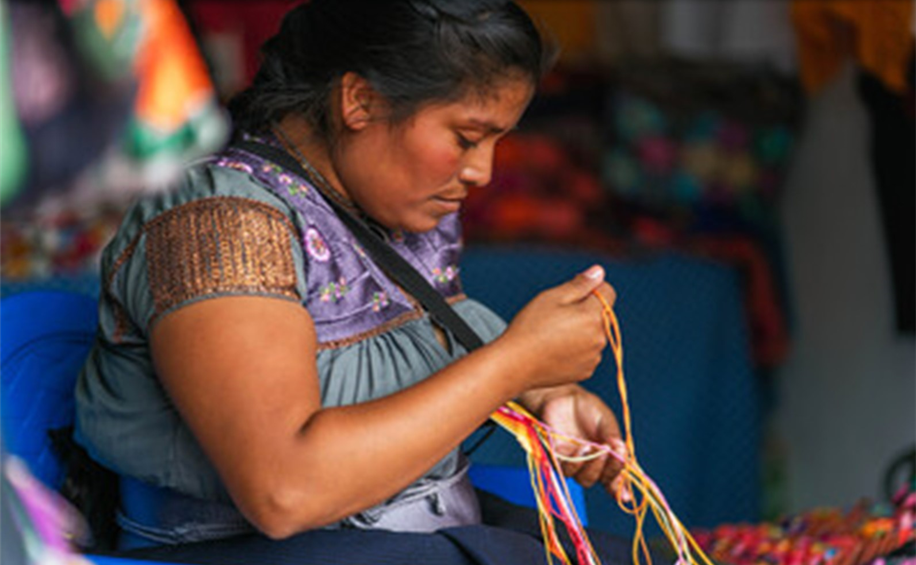March is Women’s History Month. It celebrates women’s contributions, struggles, blocked opportunities, and ultimate triumphs.
It is also a time for issuing empty promises that things will improve, a refrain often heard but only partially fulfilled.
For Latinas, Women’s History Month presents a vivid reminder of the barriers and challenges they face. The discussions, campaigns, and commitments to action marginalize their stories and struggles.
Equal Pay Day epitomizes this sharply: “This date symbolizes how far into the year women must work to earn what men earned in the previous year.”
In March 2023, March 14th was Equal Pay Day, an embarrassment and a mark of economic inequality and inequity that defines many women’s lives today.
But Equal Pay Days for Latinas and Black women do not appear in the Equal Pay Day story. Equal Pay Day for Black women is September 21, 2023. In 2023, Latinas will reach Equal Pay Day on October 8.
While the start of Spring marks Equal Pay Day for all women, for Latinas, it appears as stores decorate for Christmas.
This economic fact fails to appear in the mainstream media narrative during this month celebrating women. This absence underscores the invisibility of the struggles, inequities, and barriers that cripple Latinas.
Other examples of Latina invisibility are equally jarring. The Latina maternal mortality rate is the most poignant.
The Centers for Disease Control and Prevention (CDC) recently released the latest maternal mortality rates.
The data horrifies.
Between 2018 and 2021, overall maternal mortality increased by 89 percent, while Whites saw a 79% increase and Blacks 70%.
A 2022 article notes that the annual number of maternal mortalities in the U.S. has doubled over 20 years. The United States, Afghanistan, and Sudan are the only countries with increasing maternal mortality rates.
Armed with this data, media and political leaders in wealthy civil society have alighted on two alarming and unacceptable points.
First, the U.S. maternal mortality rate is 55th globally, greater than Russia, in a nation that purports to care about women, children, and families.
Second, the Black maternal mortality rate at 69.9 per 100,000 live births is the highest among racial/ethnic groups. This fact is deplorable on both moral and social levels.
Yet scant attention is directed to the disturbing and frightening situation of a continual significant increase in the Latina maternal mortality rate, data found in that same CDC report:
Between 2020 and 2021, there was a 53.8 percent increase in the maternal mortality rate for Latinas. This is the most significant increase among racial/ethnic groups.
Between 2018 and 2021, Latinas experienced a 137 percent increase in maternal mortality. Again, the largest increase among racial/ethnic groups.
This dramatic increase in the Latina maternal mortality rate is a harbinger of economic, social, familial, and personal consequences that will reverberate throughout society.

The health of women and children represents a key index of the health of a nation. The overall U.S. maternal mortality rate and the alarming high increase in the Latina rate are symptoms of a disordered society that disinvests in women, children, and families and a failing healthcare system.
The continual increase in maternal mortality rates — especially the accelerated rate increase among Latinas — indicates an insidious malignancy impacting the well-being of mothers, children, families, and society. While some aspects of this problem have been identified, the invisibility of Latinas conceals the gravity of their condition.
Each of us will pay the price for this invisibility.
For Latinas, the lesson is that their challenges and barriers and the inequities endemic to their lives are far more significant than is commonly acknowledged. Rectifying these endemic inequities requires Latinas be made visible. The inequities affecting Latinas must move from the margins to the center of policy agendas to ensure economic, housing, health, education, and workforce equity.
As Women’s History Month winds down, it is time to take on the task of equity for all women all year around — and not just talk about it during March.
Until there is equity for all women, there will be equity for no women.
Noreen M. Sugrue is currently the Director of Research at the Latino Policy Forum. Before joining the Latino Policy Forum, she was a professor at the University of Illinois at Urbana-Champaign. She is the author or co-author of many articles and book chapters. Her international and domestic research focuses on immigration, immigrants, gender, health care, and the workforce centering on inequity, inequality, and distributive justice. In addition, she analyzes and evaluates the construction and implementation of social policies to address and redress inequities.

